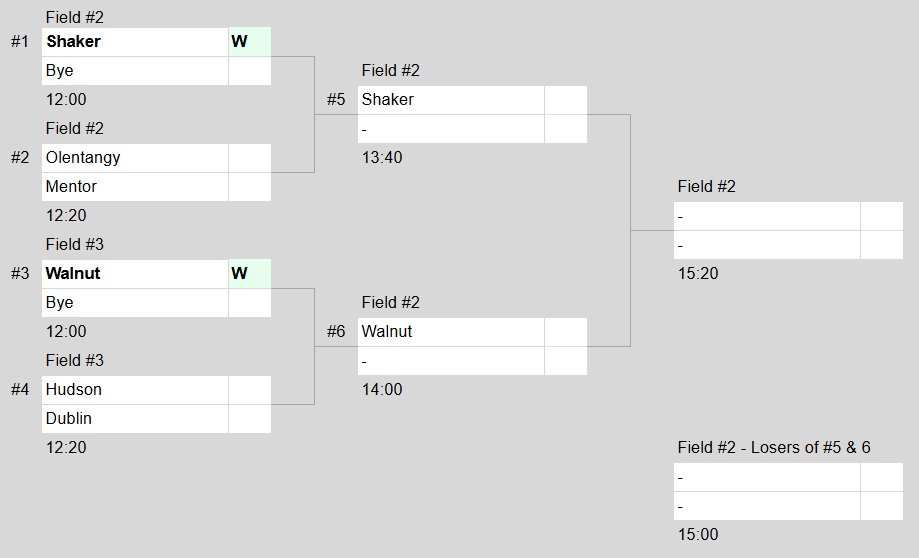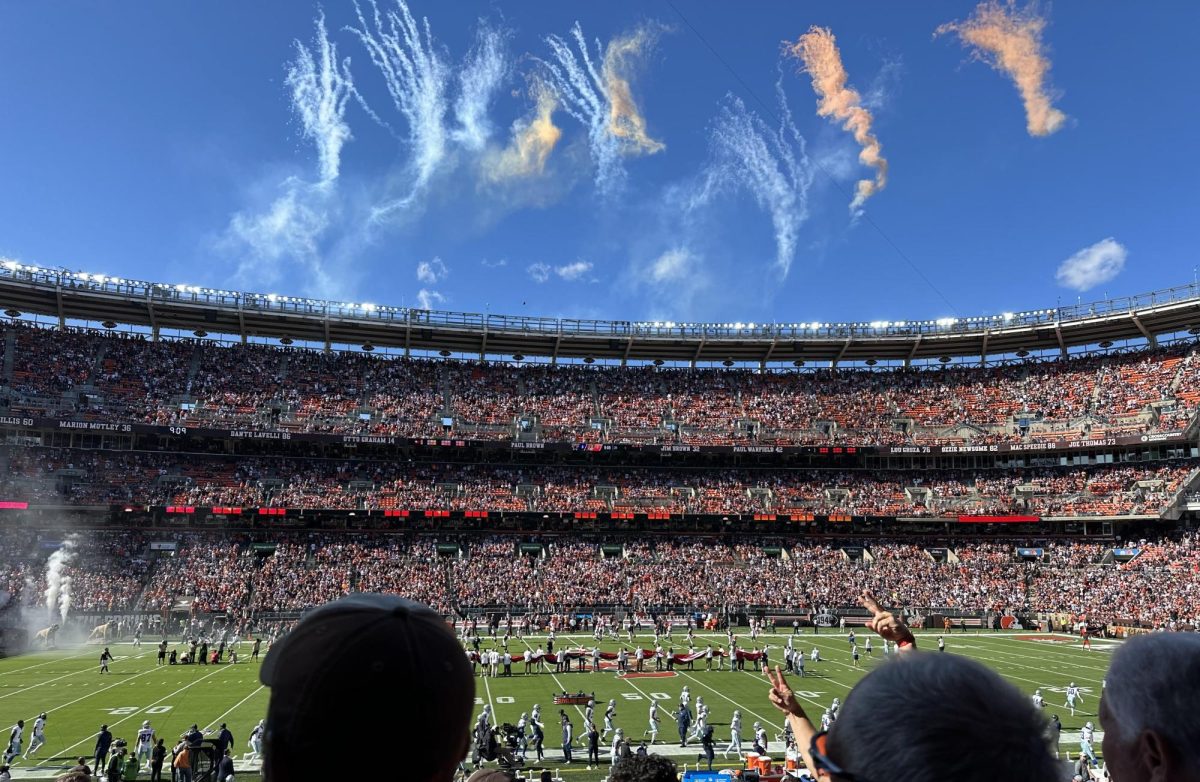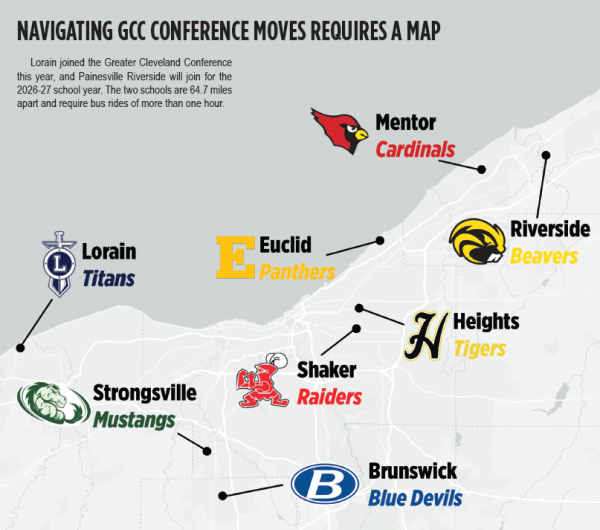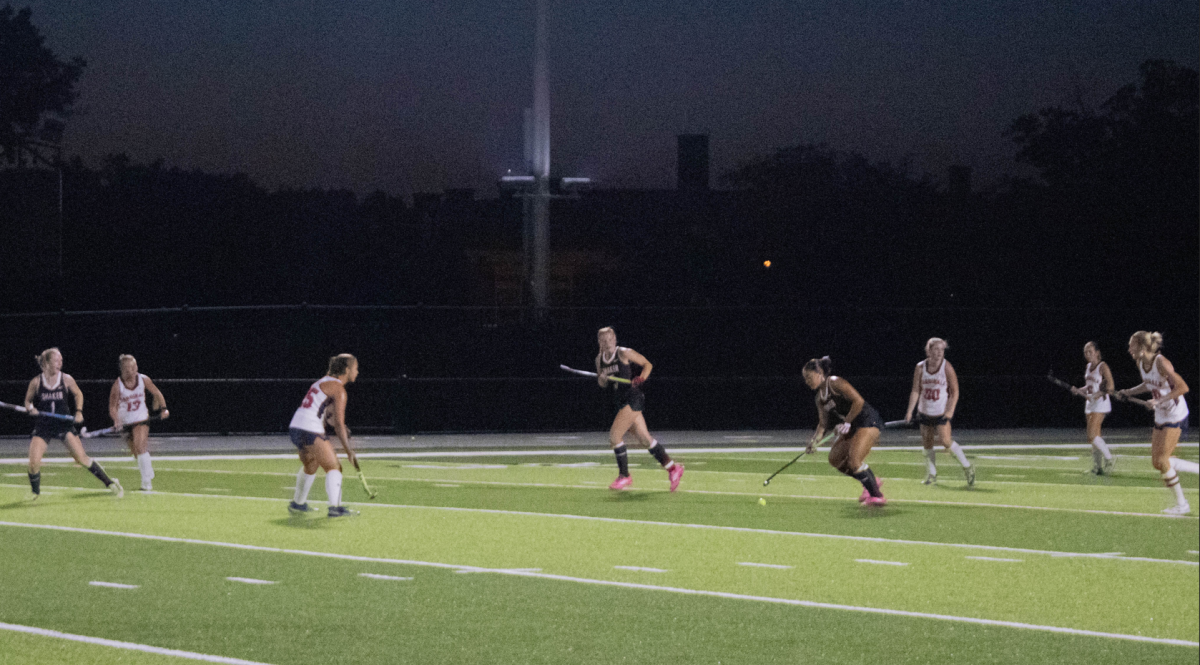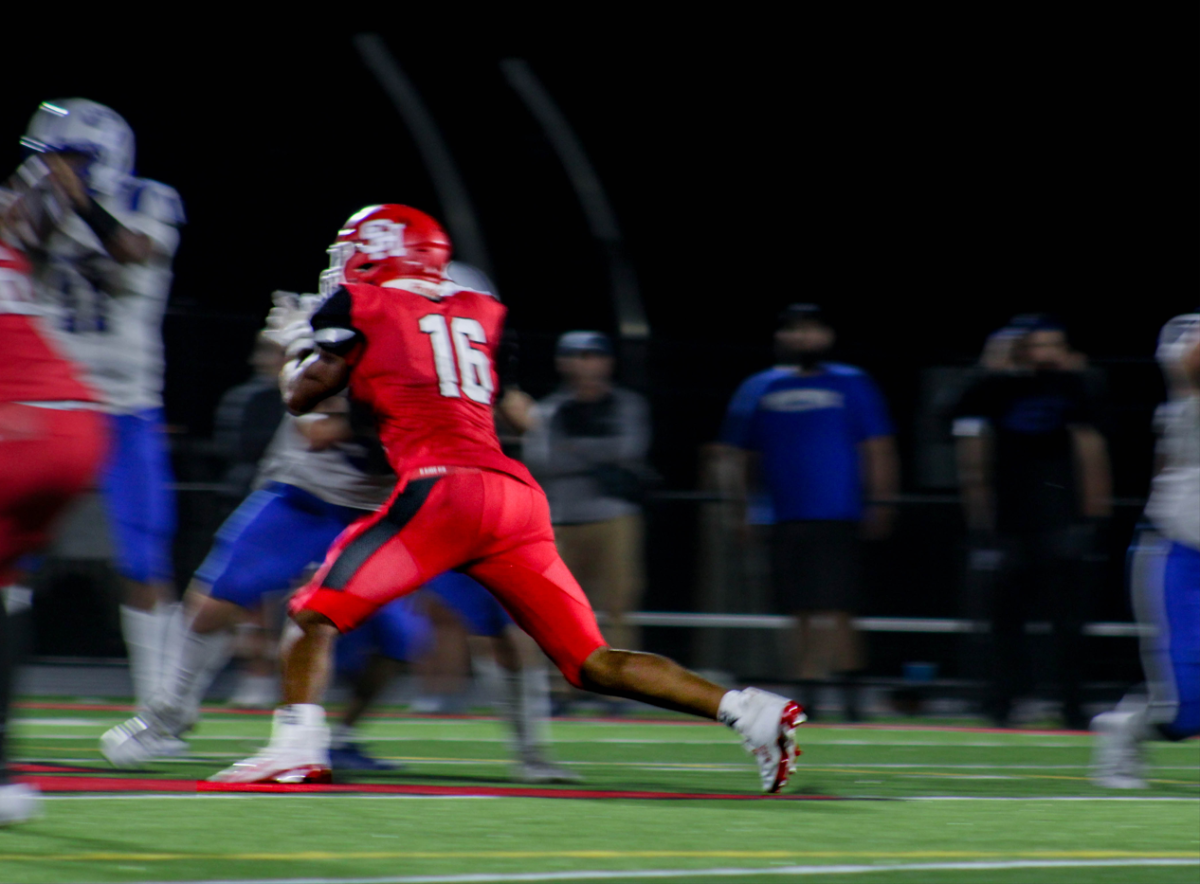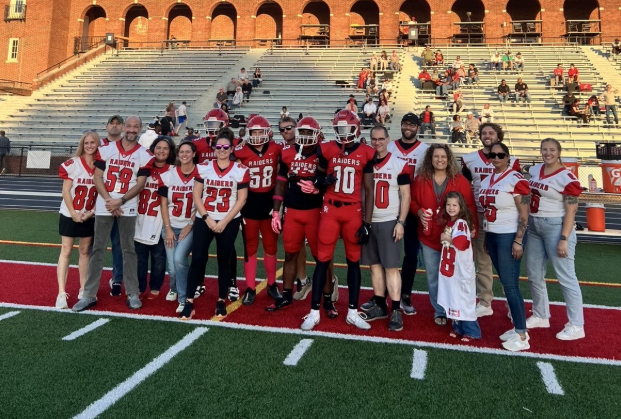Two Shaker graduates are poised to help millions of athletes make a CnXn.
The CnXn (pronounced connection) brand seen on T-shirts throughout Shaker was originally intended to be a fundraising apparel brand. Now, the brand is evolving into an online platform aiming to connect athletic communities and further modernize the athletic world.
The athletic community is evolving with improving technology. Brian Verne and Michael Eppich, Shaker class of 2005 graduates, have partnered with Jack Dunn, Oberlin College class of 2009, to transform CnXn in that vein.
In 2011, Verne, Eppich and Dunn began the brand’s move to a much larger medium, connecting athletes, coaches, tournaments, showcases and other athletic aids. As CnXn grows, social media use is becoming the brand’s focus, and they hope to connect different aspects of the modernizing athletic community.
“The first main problem we’re trying to solve is the difficulty and inability for athletes to find the people that make them better,” Verne said.
When the service launches, athletes will be able to use CnXn to find and register for camps, showcases and instructors. These registrations will show up on what Eppich called a digital sports card. Conversely, players will show up on the profile of the sports businesses as clients.
“Imagine a digital baseball card that can be traded, shared and updated to reflect an athlete’s entire career,” said Eppich. “Each card will be branded by area code and made searchable for fellow players, coaches, scouts and fans. Now imagine all of the best coaches, teams, leagues, facilities, camps, tournaments, showcases, combines and sports businesses have a digital ‘business card’ tied to the same localized network. The result will be the ultimate competitive database.”
All three men played baseball in college, Eppich at Rollins College, Verne and Dunn at Oberlin. “Brian and I wanted to do something different, and sports have been a big part of our lives,” Eppich said.
They used their shared athletic experiences and paired them with their educations to create a business opportunity for themselves in a tough economy.
“As an athlete you have this innate competitive desire and will to win,” said Verne. “CnXn has served as an extension to the baseball field allowing us to exercise that competitive nature, just in a different arena . . . CnXn is ultimately a reflection of one’s identity – that of being an athlete.”
The athletic community CnXn targets is an extremely large and increasingly growing field. “We define it as the 7.6 million high school athletes, 561,000 collegiate athletes, 44 million youth athletes, 251,000 private instructors, 29,000 fitness centers, and 12,000+ camps” Verne stated in an email.
Other potential CnXn services could include event live streaming, digital ticket sales for high school games, and a platform for athletes to sell old equipment.
Verne said they have an experienced design and development team working on the website’s “soft launch,” expected in March.
“We would like the Shaker athletes to all create their player card and test out the platform,” Verne said.
Eppich and Verne share excitement about how far their business has grown, as well as the CnXn brand’s future.
Eppich said, “Every day we are hitting milestones and getting closer to our goal, and setting new ones along the way.”
A version of this article appeared in print on 13 December 2012, on page 15 of The Shakerite

